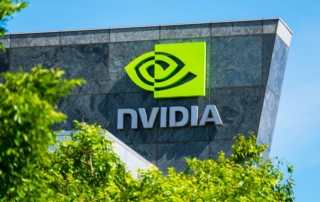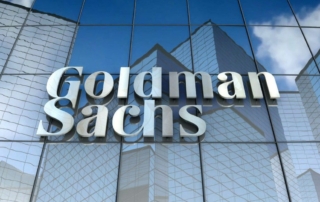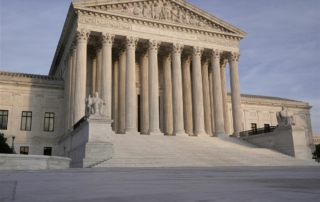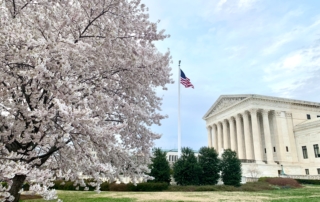Supreme Court to Determine Pleading Standard in Shareholder Class Actions
On June 17, 2024, the U.S. Supreme Court granted certiorari on Nvidia’s appeal of the Ninth Circuit’s decision to revive a shareholder class action lawsuit against the company. The Supreme Court will consider the appropriate pleading standard for a claim of fraudulent statements or omissions under Section 10(b) of the Securities Exchange Act of 1934, the Private Securities Litigation Reform Act (“PSLRA”).
Nvidia is an artificial intelligence chipmaker and Nvidia chips have become popular for cryptomining (the complicated process used to secure cryptocurrencies). The class action lawsuit alleged that Nvidia misled investors about what amount of their […]







